Academics
Thanks to Smith’s open curriculum and breadth of classes, it’s easy for students to take sustainability focused and related courses, no matter their major. Students can pick a major with an environmental focus from several departments, select a unique minor, or join the environmental concentration. There are many opportunities to Get Involved beyond the classroom as well, through internships, jobs, research, and more.
Majors & Minors
Sustainability Focused & Related Courses
Browse sustainability-related courses offered throughout the curriculum, including classes in anthropology, architecture, English language and literature, government and physics (please note the courses listed are meant to be a sample and some may not be offered every semester).
For more detailed information on course offerings, search the Smith College Course Catalog.
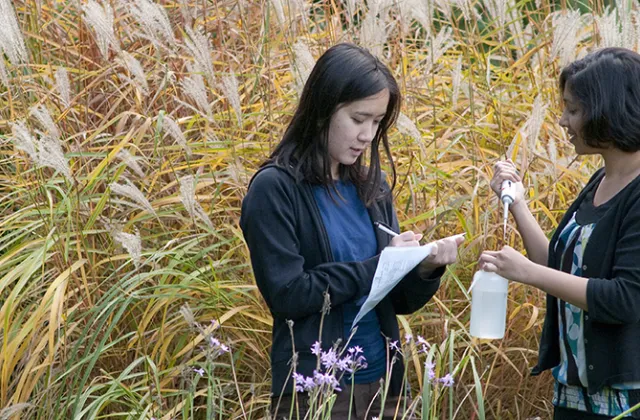
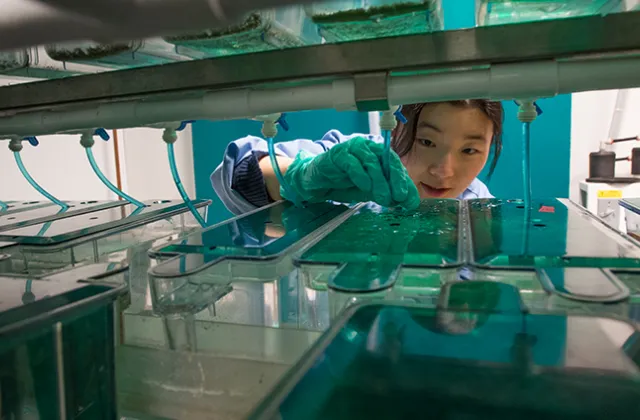
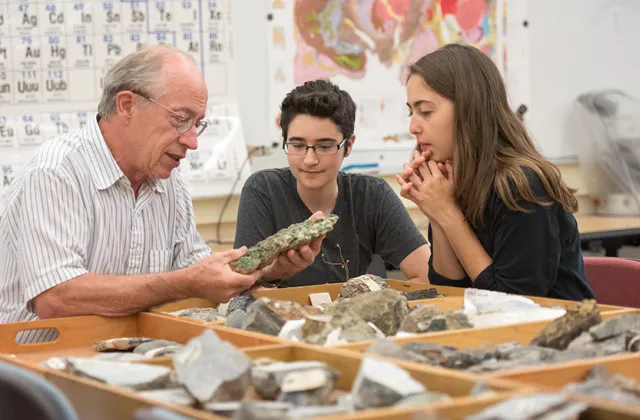
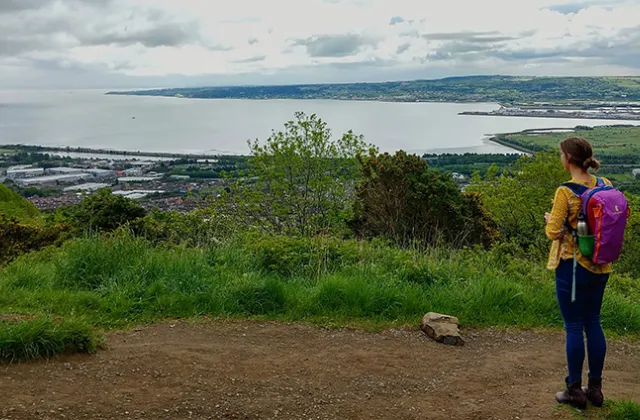
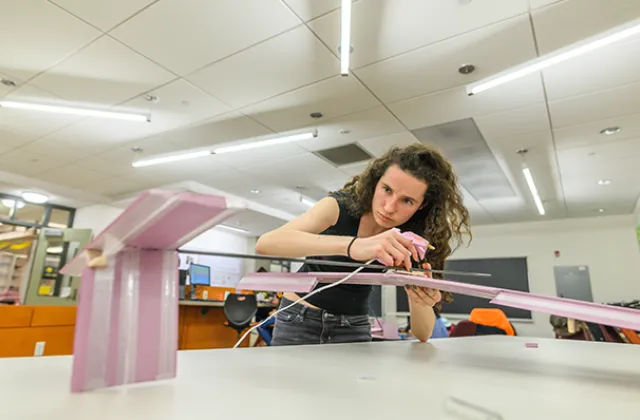
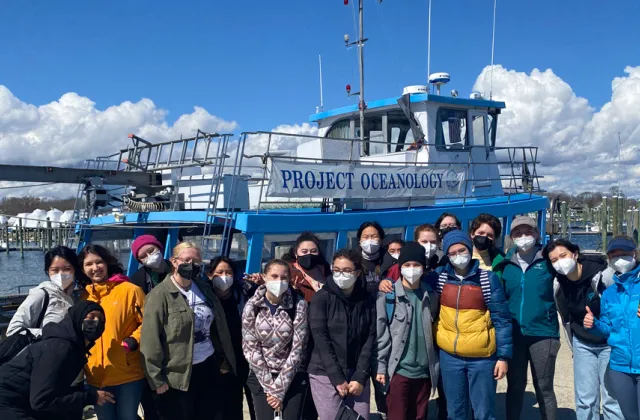
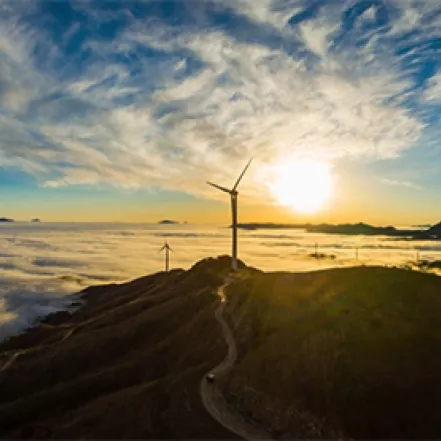
Anthropology
Economics
Government
Latin American Studies
Sociology